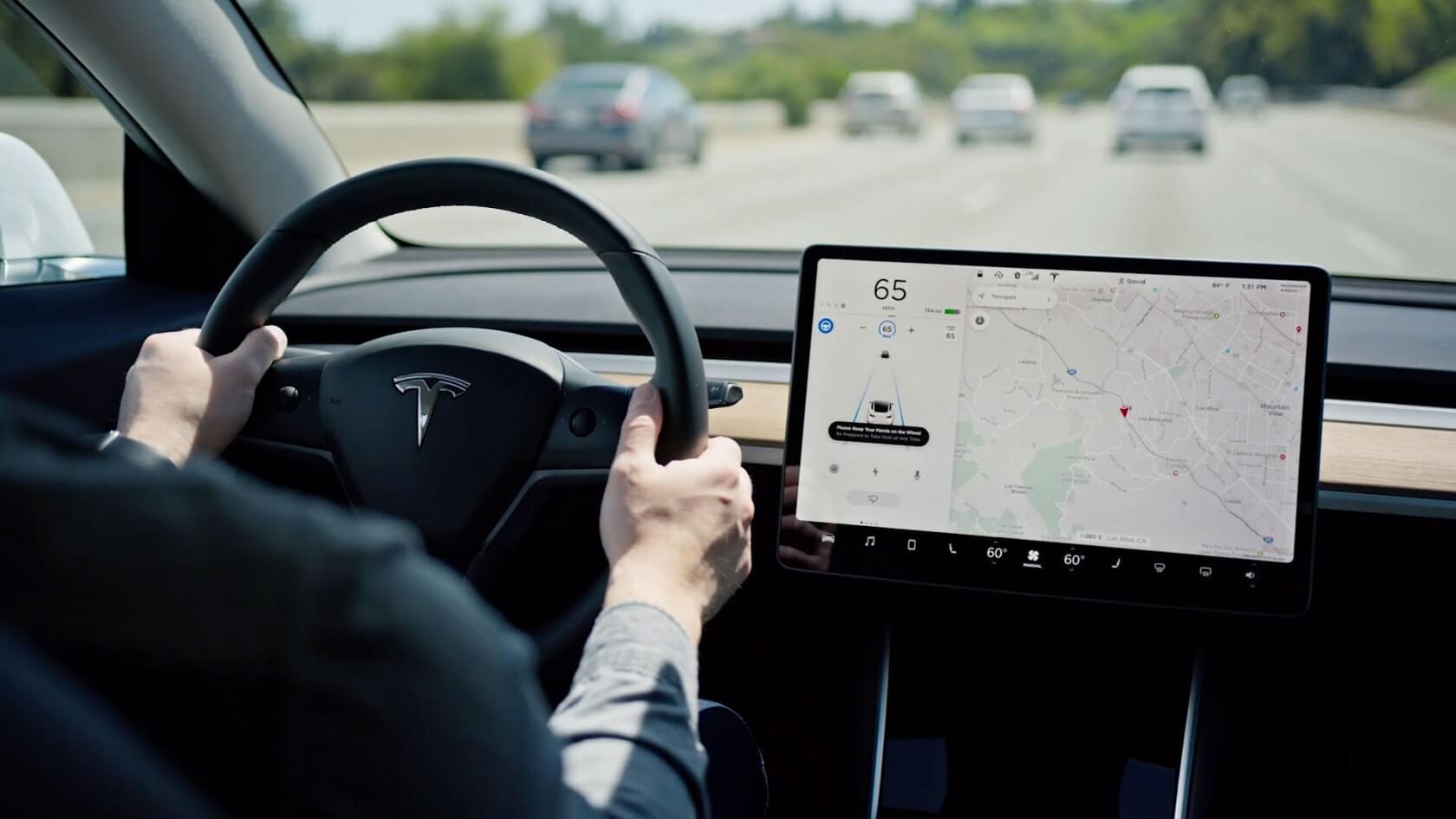
Tesla and consumer advocacy website Consumer Reports (CR) have a pretty rocky history. When the former first released its Model 3 vehicle to the public, CR chose not to give the car its recommendation due to safety concerns regarding its braking distance (among other things).
However, after Tesla patched the problems via an over-the-air software update, CR decided to recommend the vehicle after all. Months later, though, CR changed its mind yet again, opting to retract its recommendation due to rising "reliability issues," which they discovered through their latest owner satisfaction survey.
Now, CR and Tesla are at odds yet again: the former has published an article claiming that Tesla's Navigate on Autopilot technology (a more advanced iteration of its standard Autopilot tool) is "far less competent" than a human driver. Indeed, CR claims Autopilot requires "significant" intervention from drivers. "The system’s role should be to help the driver, but the way this technology is deployed, it’s the other way around," said Jake Fisher, CR's senior director of auto testing.
Fisher goes on to note that Navigate on Autopilot doesn't seem to react to brake lights or turn signals, while also failing to anticipate what other drivers will do. As such, he says, "you constantly have to be one step ahead of it."
These problems become particularly prominent, Fisher claims, during automatic lane changes when "lane change confirmation" alerts are switched off.
Apparently, Autopilot tech has difficulty detecting vehicles that approach "quickly" from behind, leading a given Tesla car to "cut off" cars that are driving much faster than it -- a risky move, to say the least, and one that could spell disaster for a driver who isn't paying attention. Tesla, for its part, insists that drivers should be ready to take over at any moment (the usual statement it gives when Autopilot comes under fire).

Tesla's response to CR's report wasn't particularly enlightening. The company merely pointed the site to a blog post published on April 3, where it assures readers that it "consistently reviews data" from instances where drivers felt forced to take control of an Autopilot-enabled vehicle and uses that to enhance its systems.
The company also says it has heard "overwhelmingly" from drivers in Navigate on Autopilot's Early Access Program that they enjoy using the feature for everything from road trips to daily commutes.
Time will tell whether or not Tesla will take CR's feedback into account in the long run, but for now, the carmaker seems satisfied with the performance of its driver-assistance tech.
https://www.techspot.com/news/80193-consumer-reports-tesla-navigate-autopilot-tech-far-less.html